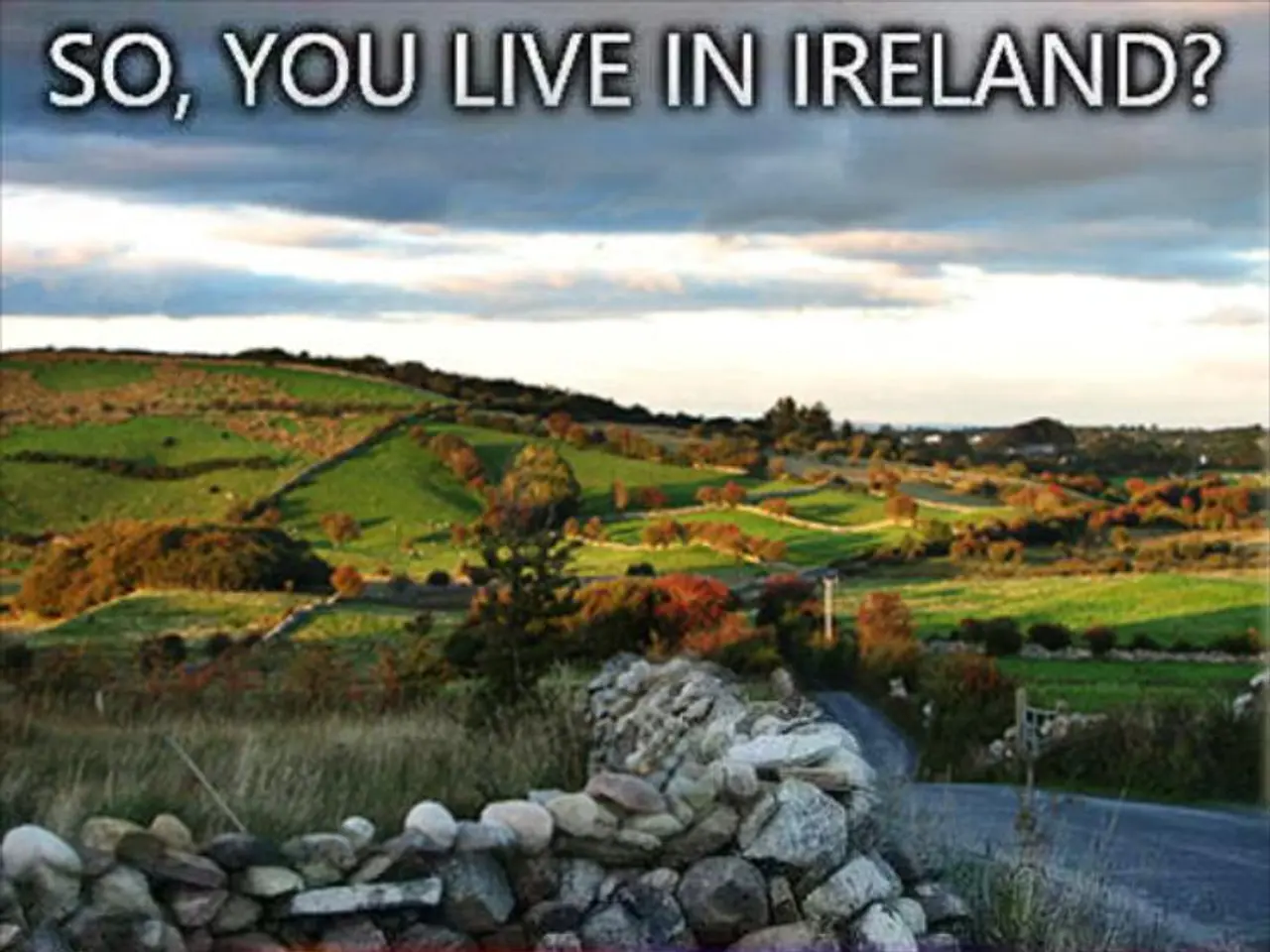Urgent Appeal for EU Collaboration in Wildfire Fighting Equal to Entire 2024 Fire Season's Worth of Efforts
European Union Aids Countries Battling Wildfires
The European Union's Emergency Response Coordination Centre (ERCC) is playing a crucial role in assisting countries grappling with wildfires. The ERCC serves as the central hub where affected countries submit requests for help, and then disseminates this information to all EU member states and participating countries, facilitating the voluntary contribution of equipment, personnel, and other resources.
When a country faces a wildfire emergency, it informs the ERCC of its needs. The ERCC activates the EU Civil Protection Mechanism to enable member states and participating countries to offer assistance. This assistance can include firefighting planes, helicopters, specialized personnel, and ground teams.
The ERCC continuously monitors wildfire risks and emergencies via European monitoring services, such as the European Forest Fire Information System (EFFIS). It exchanges information with national authorities before and during the fire season to ensure preparedness and coordinated response.
To strengthen firefighting capability, rescEU maintains a fleet of firefighting planes, helicopters, medical evacuation planes, and critical supplies pre-positioned across Europe. The ERCC mobilizes these strategic assets when needed to respond rapidly to wildfires.
Recently, Greece has been battling multiple wildfires, and a total of 650 firefighters from 14 European countries were pre-deployed in high-risk areas. Spain and Greece have had foreign firefighters pre-positioned on their soil since July to help with wildfires. Among the other European countries that have activated the mechanism specifically for wildfires this year are Cyprus, Bosnia and Herzegovina, and North Macedonia. Bulgaria, Montenegro, Albania, and Greece also asked for assistance with wildfires this week.
Spain made its first-ever request for European assistance to tackle wildfires on Wednesday. By 12 August, more than 511,000 hectares had been turned to ashes across the EU, more than double the average for the same period from 2006-2024. At least three people have died in Spain due to wildfires, and a volunteer firefighter is among the deceased.
It is up to the member state to ask for assistance or not. France did not request further European assistance for its wildfires. Smaller countries, such as those in the Western Balkans (Albania, Montenegro, and North Macedonia), often find the assistance crucial. Israel and Syria have also requested assistance with wildfires.
The ERCC covers the costs of assistance through the EU Civil Protection Mechanism. Member states voluntarily provide resources, but the mechanism manages funding and operational efficiency. The ERCC coordinates the deployment logistics of these contributions effectively.
[1] European Commission, "EU Civil Protection Mechanism", https://ec.europa.eu/echo/civil-protection/eu-civil-protection-mechanism_en
[2] European Commission, "ERCC", https://ec.europa.eu/echo/civil-protection/ercc_en
[3] European Commission, "EU response to wildfires in Greece and Spain", https://ec.europa.eu/echo/news/eu-response-wildfires-greece-and-spain_en
[4] European Commission, "EU Civil Protection Mechanism: How it works", https://ec.europa.eu/echo/civil-protection/eu-civil-protection-mechanism-how-it-works_en
[5] European Commission, "rescEU – EU's strategic pre-positioning of civil protection assets", https://ec.europa.eu/echo/civil-protection/rescEU_en
- While battling wildfires, countries in Europe have sought assistance from the European Union's Environmental Science sector to enhance their climate change-mitigation efforts.
- Amidst the increase in wildfires, the European Union's response involves not only policy-and-legislation for environmental protection but also interactions with the political arena, as decisions about requests for aid can impact general-news headlines.
- In the aftermath of wildfires, the European Commission, through the EU Civil Protection Mechanism, works towards implementing long-term environmental-science policies and directives to prevent future wildfire emergencies, focusing on both climate-change measures and improvements in the overall preparedness of member states.








